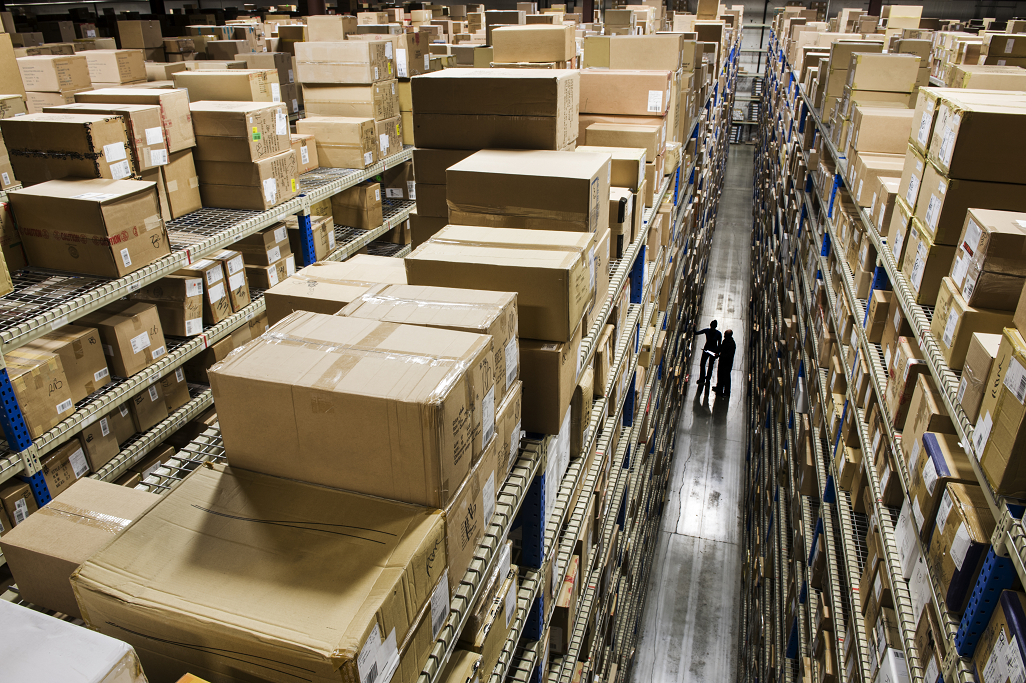2024 Logistics, according to DHL

The new era is transforming logistics into the driving force of businesses and companies, DHL writes on its website. As Katja Busch, Head of Customer Solutions and Innovation says, “We’re witnessing how businesses are transforming logistics from a quiet back-end operation to a strategic asset and driver of value. At the same time, more and more technological visionaries are beginning to understand the huge opportunities to develop and apply innovative solutions around the world.”
Big data and predictive analytics
Global supply chains face various risks, including shortages of raw materials, and logistical problems caused by unexpected events, such as conflicts and pandemics. New technologies, such as predictive analytics from Everstream, help predict and mitigate them, increase efficiency, and reduce costs.
Growing investment in startups in the sector suggests that flexibility and innovation in supply chains will be key to gaining a competitive advantage.
IoT and smart tags
The Internet of Things (IoT) is revolutionizing supply chains. It increases their visibility and efficiency through connected devices, such as smart tags. These technologies enable the better tracking of shipments and inventory, the identification of bottlenecks, and protection against counterfeiting, leading to greater resilience and transparency.
DHL’s Christopher Fuss highlights the importance of IoT in logistics, and investment in these technologies is expected to increase, transforming the logistics sector.
AI is transforming logistics operations
Artificial intelligence (AI) is also significantly transforming logistics. By 2035, it will increase its efficiency and productivity by up to 20%.
The implementation of AI enables more accurate predictions, efficient sorting of shipments, and better customer service, which is especially beneficial for e-commerce. Innovations such as computer vision and smarter inventory
management help maintain safety procedures and track inventory more accurately, reducing costs, and increasing competitiveness.
Sustainability
Sustainability is fast becoming a key priority in logistics, with a significant emphasis on reducing the carbon footprint.
Most CEOs integrate ESG (environmental, social, and governance) aspects of their business, although they feel the need for further improvement. With growing interest in reducing the environmental impact of transportation, companies are offering solutions to reduce emissions and costs, while increasing appeal to green-minded consumers at the same time.
Source: https://www.dhl.com/discover/en-global/logistics-advice/essential- guides/logistics-industry-trends
Related articles
Jun 7, 2024
DJI introduces its first delivery drone
DJI introduces its first delivery drone
Jun 7, 2024
5 expert insights into the world of dynamic simulations and logistics
5 expert insights into the world of dynamic simulations and logistics
Apr 2, 2024